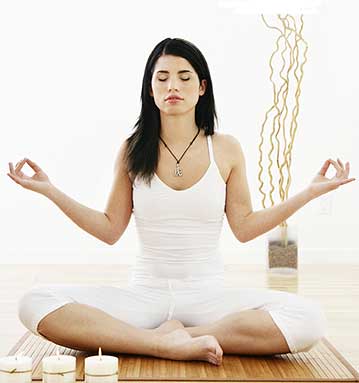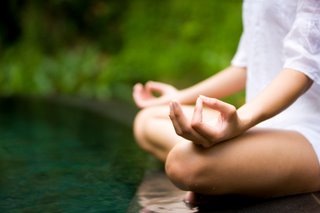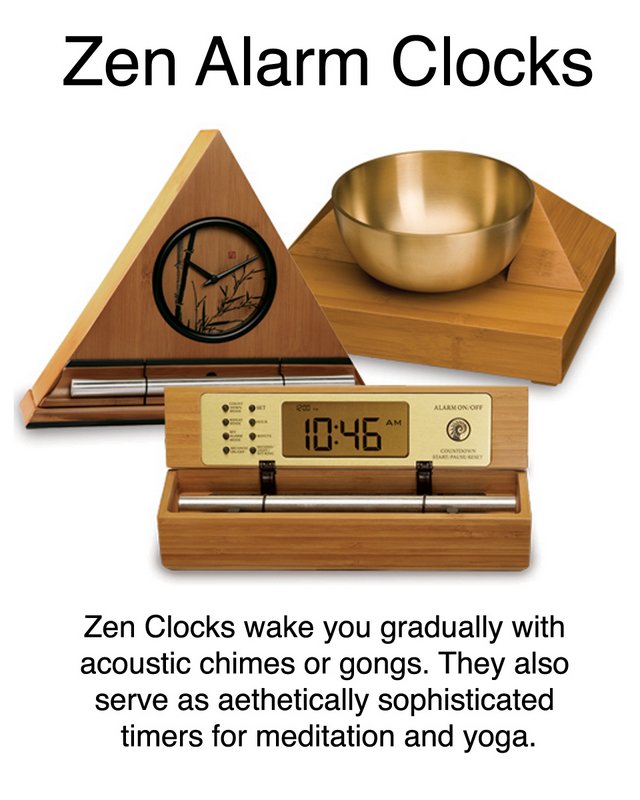
Meditation for Insomnia
If you’re tossing and turning and having trouble getting a good night’s sleep, you may want to consider meditation, researchers suggest.
People with primary insomnia reported that they slept better after trying meditation, according to a new study to be presented June 9 at SLEEP, the annual meeting of the Associated Professional Sleep Societies, in Seattle.
Primary insomnia is described as difficulty getting to sleep or staying asleep over a time period of at least one month, according to the U.S. National Institutes of Health.
While most insomnia occurs along with another physical or mental illness or disorder, or as a side effect of medications or other substances, primary insomnia occurs on its own.
In the study, researchers divided 11 participants aged 25 to 45 with chronic primary insomnia into two groups. One group participated in Kriya Yoga — a form of meditation that helps an individual focus internalized attention and can reduce arousal — as well as health education.
The other group received information about improving health through exercise, nutrition, weight loss and stress management but did not participate in meditation.
After two months, the meditation group reported improvements in sleep quality, how long it took to get to sleep, total sleep time, total wake time, sleep efficiency and depression, the researchers reported.
Primary insomnia is believed to be a problem of hyperarousal, with high levels of arousal noted 24 hours a day, said lead study author Dr. Ramadevi Gourineni, director of the insomnia program at Northwestern Memorial Hospital in Evanston, Ill.
“Results of the study show that teaching deep relaxation techniques during the daytime can help improve sleep at night,” Gourineni said in a news release from the American Academy of Sleep Medicine.

Meditation Pose for Insonmnia
About 9.4 percent of U.S. residents, or an estimated 20 million people, try meditating during a 12-month period, according to a 2007 study by the National Center for Complementary and Alternative Medicine. People reported using meditation for various health problems, including anxiety, pain, depression, stress and insomnia.
A 2007 review of the scientific literature found some evidence that meditation is associated with health benefits, possibly by causing heart rate and breathing to slow, improving blood flow and reducing activity in the sympathetic nervous system (the body’s fight-or-flight mechanism).
Our unique “Zen Clock” features a long-resonating acoustic chime that brings the meditation session to a gradual close, preserving the environment of stillness while also acting as an effective time signal. The Digital Zen Clock can be programmed to chime at the end of the meditation session or periodically throughout the session as a kind of sonic yantra. The beauty and functionality of the Zen Clock/Timer makes it a meditation tool that can actually help you “make time” for meditation in your life.
More information
The National Center for Complementary and Alternative Medicine has more on meditation and health.
SOURCE: American Academy of Sleep Medicine, news release, June 9, 2009

Practitioners usually employ a quiet, tranquil space, a meditation cushion or bench, and some kind of timing device to time the meditation session.
Now & Zen – The Chime Meditation and Alarm Clock Shop
1638 Pearl Street
Boulder, CO 80302
(800) 779-6383
Posted in Meditation Timers, Meditation Tools, mindfulness practice